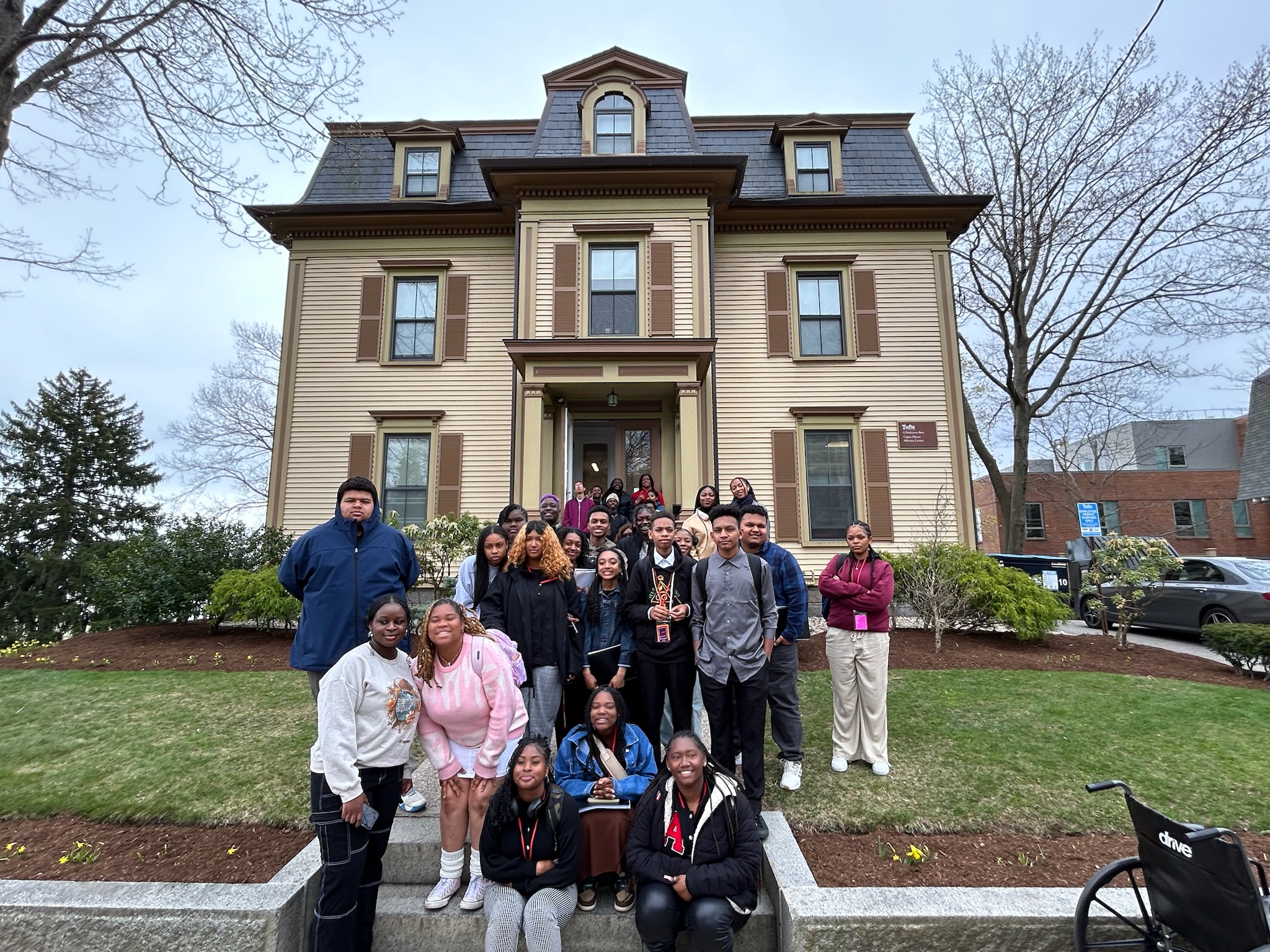Harvard to Howard invites Black students from Long Beach to reclaim their history and identity through an unforgettable journey across the country. See how this initiative turns learning into a powerful act of self-discovery and community connection, visiting the heart of Black intellectual tradition at HBCUs

Harvard to Howard is an educational initiative inspired by Dr. Jarvis Givens’ School Clothes: A Collective Memoir of Black Student Witness. The program is designed for students from the Long Beach school district, where many Black students attend predominantly white schools and are eager to connect with their history and cultural identity. By following the guidance of school leaders and the author of School Clothes, the initiative empowers students to take learning into their own hands and explore Black heritage beyond the traditional classroom.

Long Beach is home to many Black students who often find themselves in schools where their history and culture are underrepresented, leading to a disconnect between their lived experiences and the curriculum. The Harvard to Howard initiative was born out of a desire to bridge this gap, leveraging extracurricular activities and the rich legacy of Black literary groups in the area. The program draws on the research and insights from School Clothes, which highlights the importance of Black student voices and the power of collective learning

The primary challenge is exposing students to Black history and culture through a lens deeply rooted in research, addressing the common refrain: “we didn’t learn about these in school.” Many students lack opportunities to explore their heritage and identity in meaningful ways, and traditional curricula often fail to reflect the breadth and depth of Black experiences in America.

The Harvard to Howard initiative addresses this challenge by organizing a cross-country trip that immerses students in the history and culture of Historically Black Colleges and Universities (HBCUs). Following the model and guidance from School Clothes, the program encourages students to take ownership of their learning through hands-on experiences, literary discussions, and engagement with Black intellectual traditions. This approach not only deepens students’ understanding of their history but also fosters a sense of pride, belonging, and agency.